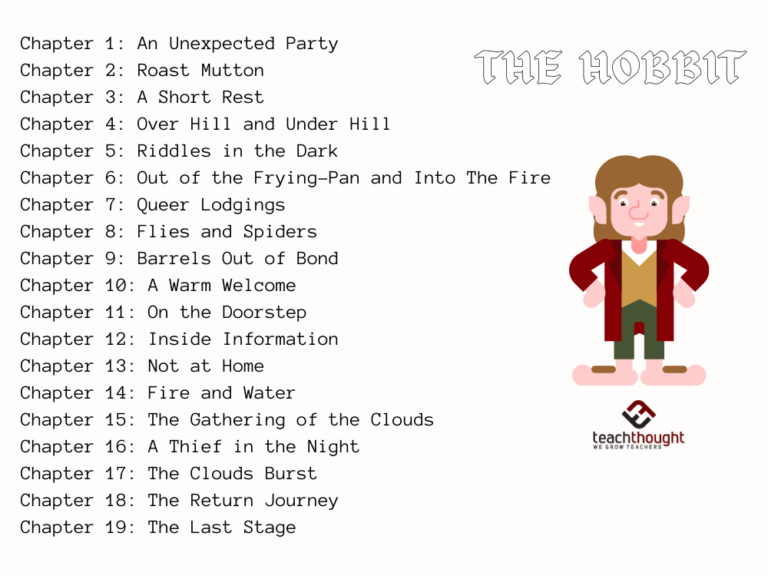1. Why did you decide to read this material?
2. Compare and contrast this text or media with related text/media.
Be specific–what text or media, what are the similarities and dissimilarities, etc.
3. What did the author’s purpose seem to be?
What seemed to be the Author’s Purpose in creating this text? Why do you think they might’ve written it? What were they hoping this text would accomplish? Why do you think so?
4. What can you say about the theme or thesis? If neither of these applies (though they usually do), what’s worth knowing/significant/most important about the topic?
What was the theme? What were some of the theme topics (love lost, overcoming adversity, civic responsibility, etc.)? What is the author’s overall message to their audience? Is there a sentence you can choose from the text that captures that? What supporting details allow you to make this inference?
5. What is the author’s position on any relevant theme or issue?
As a result of this reading, what can you infer is the author’s position on any relevant theme or issue? This will often be a social issue–poverty, love, war, courage, race, etc. As with almost any reading or writing, this is differentiation-friendly and can help students develop expert reading skills–which, in part, involves thinking like an author instead of like a ‘student.’
If you have a student who reads four grade levels above their current grade and is highly motivated, they can infer what the author is implying or assuming about–well, almost anything. What does E.B. White seem to believe about the role of loyalty in friendship from the reading of “Charlotte’s Web”? What about death and loss? Agrarianism? This likely is worthy of a longer post. Hopefully, it makes sense enough to begin using in your reading and writing in response to your reading.
6. Who seems to be the audience?
Who wants or needs to know this information? Does there seem to be a specific audience the author is trying to reach? Why do you think so? If not, what makes you think there is not a specific audience?
7. What is the overall tone of the work?
What does the author’s general attitude towards their audience? How do the language, content, imagery, and allusions combine to give the reading a ‘feel,’ or tone? What details help you to understand this? What can you infer about the author’s position on important themes or issues because of that tone?
8. What point of view does the author write from?
What point of view was the book written from? What does the author seem to assume is true? Is the author biased in any way? Does the author seem to be aware of this bias? Might it be done on purpose to further the theme? Is it satirical? Ironic?
9. What are the most relevant supporting details?
What is the relationship between the author’s purpose, thesis or theme, and supporting details?
10. How is the book structured?
What structural elements did you notice in the book? How did these elements impact your understanding of the content? Were there any text features that were super helpful—or just plain annoying? What could they have done differently, and what effect would that change have had?
11. How would you describe the author’s writing style?
What elements of the author’s writing style did you notice? How do these elements impact your understanding or enjoyment of the text?
12. Does the author have credibility to write about this subject or topic?
Why or why not? Be specific.
13. What is the general mood of the text?
What is the author’s general attitude toward their topic? What details make you think so? How would this text make most people ‘feel’? What is the relationship between the tone, mood, and purpose?
14. How is the plot, argument, or information organized?
Cause/effect? Chronological order? Compare/contrast? Question/answer? Lots of options here–be specific, and defend your answer.
15. What would you change?
Choose one important part of this reading that the author could’ve made a different choice—the structure, organization, purpose, audience, characterization, pacing, supporting details, mood, etc.—and then explain how they could’ve done it differently, and what effect it would’ve had on the reading.
16. Open
Create your own response. Be creative, playful, and fun. If it’s not any of the three, I’ll hand it back.
FICTION ONLY
17. Index the characters
List the full name of all characters you’d consider important (be prepared why you included someone or left them out). For each character, include one line from the text characterizing them; also, label each character as major/minor, flat/round, and static/dynamic character.
18. Could you connect with any of the characters?
Could you see yourself in this character at all, in any major or minor way? How did this affect your reading?
19. What were the (significant) characters motivated by?
What were the significant characters motivated by? What was the protagonist motivated most by? How did this affect their experience in the story? Was their source of motivation something that you could relate to?
20. What other stories does this remind you of?
21. What do you think influenced the author in ‘conceiving’ and writing this book? Think about books, movies, social events, etc. What makes you think so?



